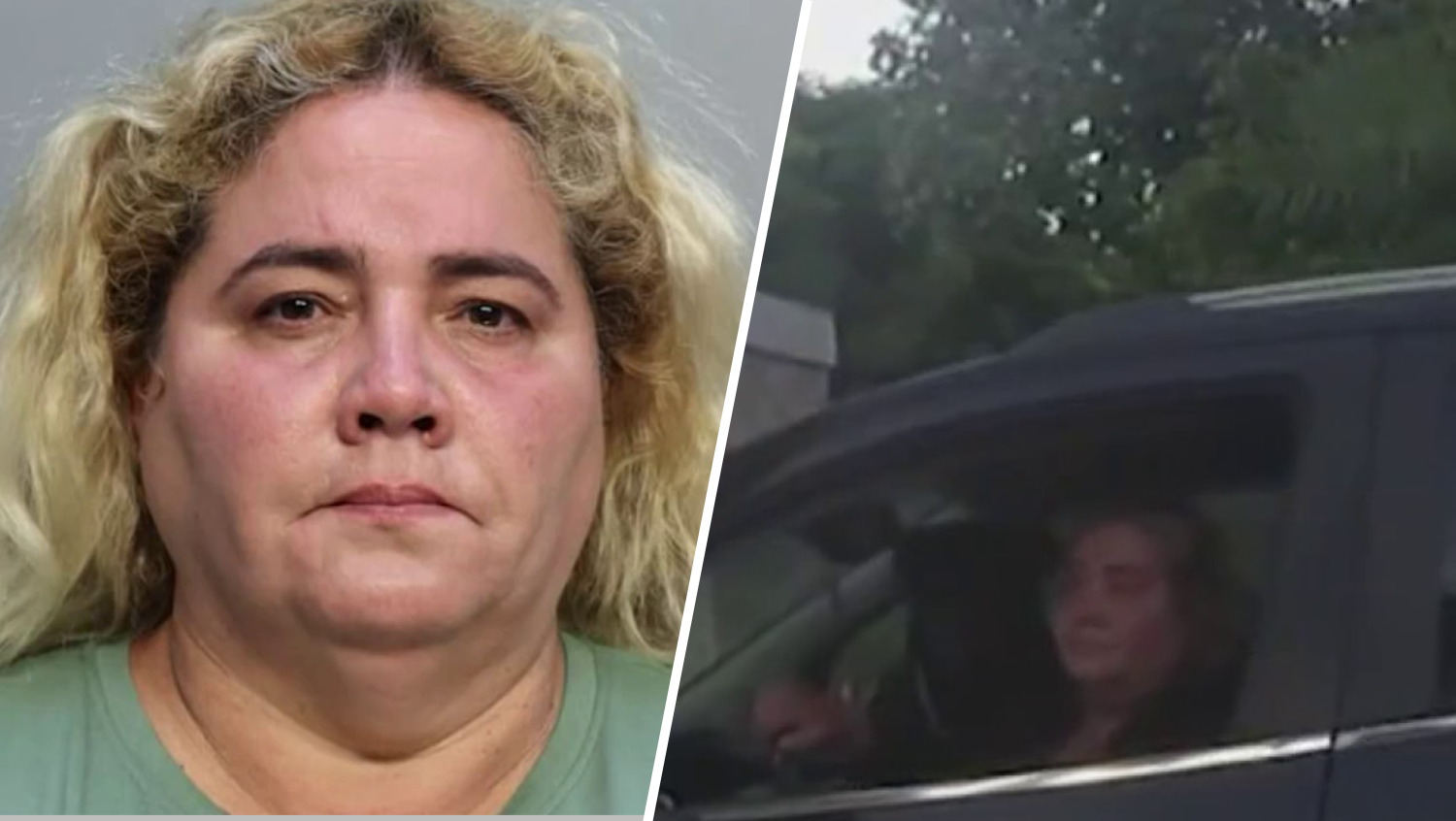A retired U.S. Army sergeant who was among the soldiers who came to the rescue for the victims of Hurricane Andrew in South Florida journeyed back to the field where a tent city was set up in the aftermath on the storm's 25th anniversary.
Returning to Homestead's Harris Field stirred up a lot of emotions for former Sgt. Andy Rubenstein of how the cavalry descended on the area to help in the aftermath of the deadly and devastating hurricane.
"The first couple of days was a shock to everyone, cause you were just in your home and now you are in a tent," Rubenstein said.
Rubenstein knows what it's like to serve in war zones, having spent time on the battlefield during Iraq's Desert Storm. But the South Florida resident who was then stationed at Fort Drum in New York was in no way prepared for the horrors of Hurricane Andrew.
"I got a knock on the door around 1 o'clock in the morning, 1:30, from my commander saying that we're going to be moving out to Andrew recovery," he said.
Within hours, his unit touched down in South Florida and his military convoy roared toward Homestead. He witnessed the devastation that appeared as though an enemy had detonated a bomb.
"It was sad, it was heartbreaking to see so many homes destroyed, kids and schools, everything was gone, there were no trees on the ground, literally everything was gone, it literally looked like a war zone," Rubenstein said.
He said once the soldiers arrived at Homestead Air Force Base, where they would be stationed, there were more startling images.
"Oh it was mess, the barracks were, blown out windows, planes were upside down, some of them, cars were a mess," he said.
But as a soldier, there was no time to grieve for the damage done to his community. The military mission to erect a tent city to sustain those who truly lost everything was underway.
"This is where people needed water, this is where people needed food, this is where people needed to get their lives back together," he said.
The military unit's other job was to keep the peace. And as people fought over things like ice, food and water, human vipers moved in to gouge and take advantage of those who were already hurting.
"We were chasing those people out and making sure they got water for free," Rubenstein said.
Local
Visiting the site where he and other soldiers did so much to help his fellow South Floridians also conjured up a sentiment of satisfaction.
"It’s nice to see everything back to normal 25 years later, at least from the eye," he said. "I hope people can come back here and remember what we did for them and what the military did for them.“
Rubenstein retired from the Army and now helps other veterans who are dealing with PTSD and other ailments.



